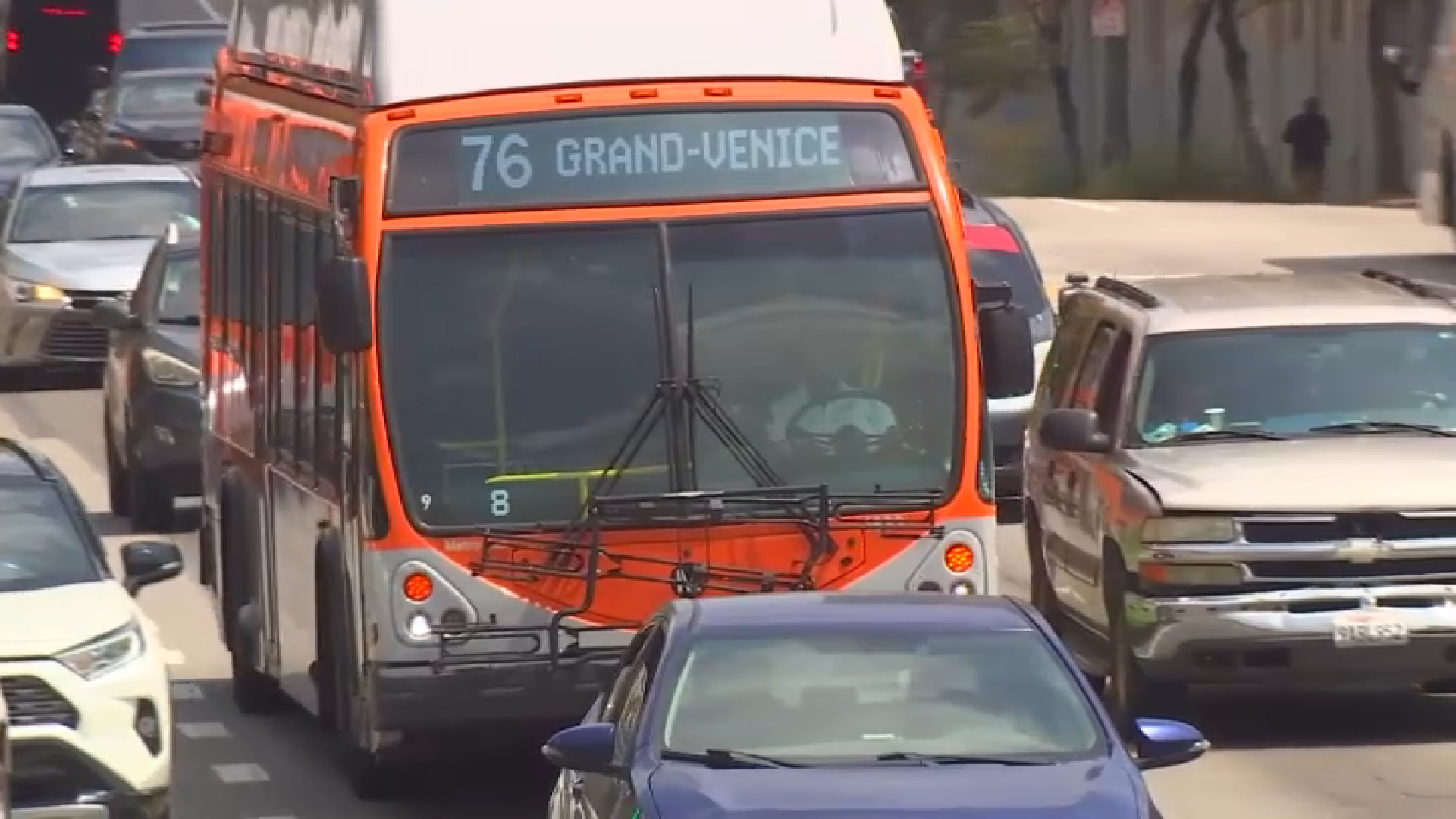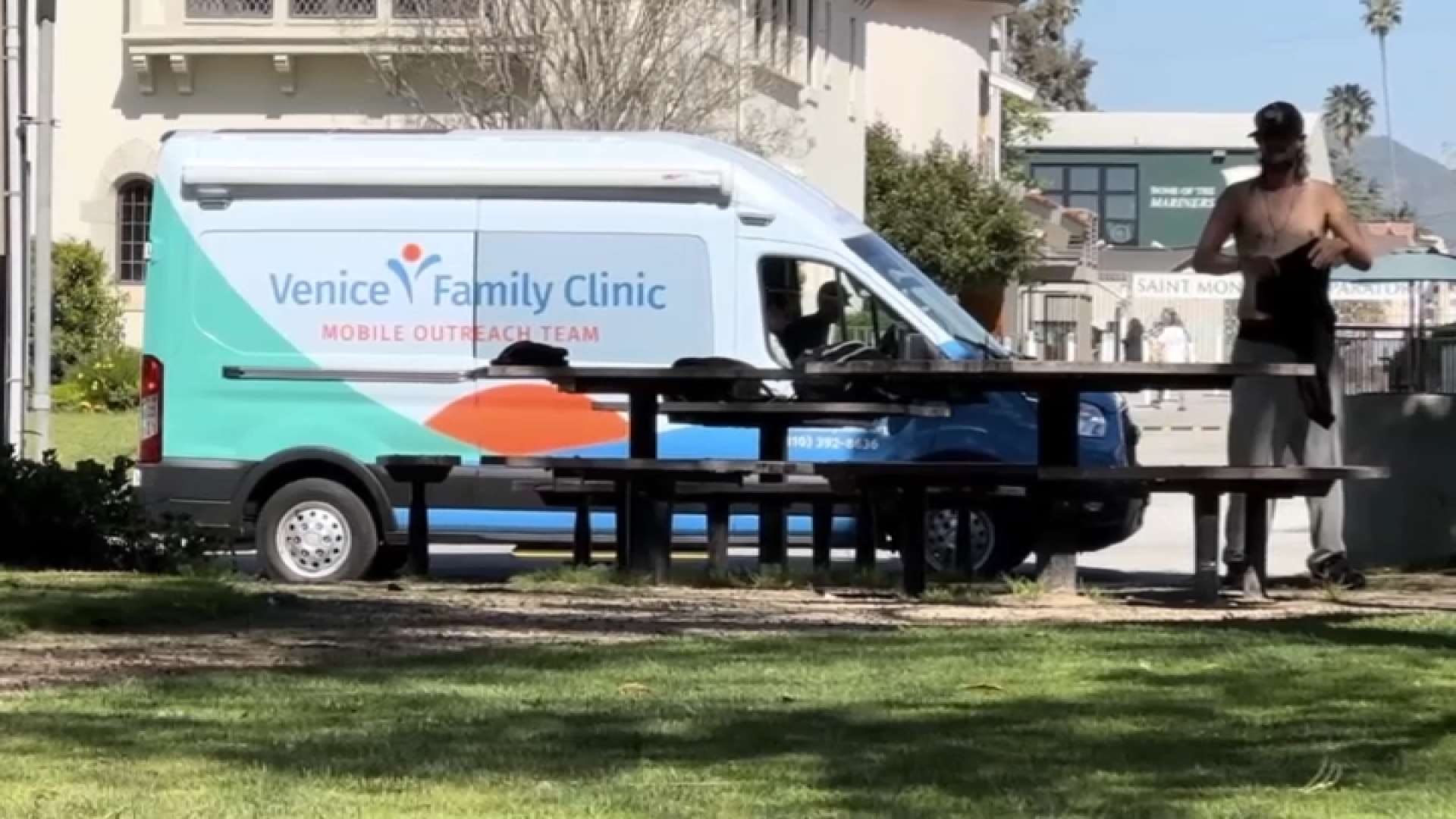It's tempting to attribute the unseasonably warm and dry January completely to the Pacific Ocean temperature pattern dubbed "La Nina," long-associated with reduced precipitation in California.
But wait -- La Nina was also present last winter, when more rainfall than usual drenched Los Angeles and the snowfall in the Sierra Nevada was even higher than normal -- as much as 50 feet in places. Now bare spots are evident even at higher elevations.
"This is truly a tale of two 'Ninas,'" said Bill Patzert, PhD, the world renowned climatologist based at Pasadena's Jet Propulsion Laboratory.
Patzert has focused his research on the weather implications of La Nina and its opposite, El Nino, associated with wetter than usual winters for California.
So how can two Ninas have such different outcomes? Patzert believes the wildcard is to be found to the north in another meteorological phenomenon known as the "arctic oscillation," a variation in the strength of what can be imagined as an atmospheric barrier.
When the arctic oscillation is in a weak phase, as last winter, cold, moist air can escape the arctic region and head south. But when the oscillation is in a strong phase, as this winter, Patzert said it tends to reinforce the dry influence of La Nina at U.S. latitudes.
Patzert likened it to a "fence" that shields us from the arctic air.
Local
Get Los Angeles's latest local news on crime, entertainment, weather, schools, COVID, cost of living and more. Here's your go-to source for today's LA news.
The impact is dramatic. So far this season, the LA area has received only 3.76 inches of rain, compared to a normal to-date measurement of 5.24 inches, and 12.28 inches by this time last year, according to the National Weather Service.
In December 2010, we received about 10 inches of rain. Last month, LA received only one inch, and not a trace since Dec. 17.
January warm spells are not all that unusual in Southern California. But we're not alone in the warm and dry weather conditions. Apart from the Sierra, snowfall is far below normal in the Rockies of Colorado and the Wasatch Range of Utah.
Temperatures this past week in the ski resort of Park City, Utah, above 7,000 feet in elevation, have soared well into the 40s. Farther east, parents have been taking their children to outdoor playgrounds in Kansas City, Mo. Tennis players have been bringing out their rackets for outdoor matches as far north as Minneapolis. In the southern tier, the dryness has only intensified the ongoing drought in Texas and New Mexico.
But California faces no imminent drought threat, according to Jeffrey Kightlinger, general manager of the Metropolitan Water District. He credits the storage of water from last winter's bountiful runoff, noting that the MWD's largest Southern California reservoir, Diamond Valley Lake near Hemet, is well over 90 percent of capacity.
The MWD is planning for the possibility that this could be California's driest year on record. But even if that proves to be the case, Kightlinger said there is enough stored water to see us through "three tough years in a row" before cutbacks would be unavoidable.
So how much longer will the warm, dry weather continue?
La Nina might remain in place several more months. What complicates long-range forecasting is the fact that the arctic oscillation has a much shorter period, at times flipping in a matter of weeks or not, Patzert said.
Next month, February, usually is our wettest. Patzert advised it's too early to write off this winter. That said, he's sticking with his forecast that the rest of this season will be drier than usual, but added, "I'm going to keep my fingers crossed that I'm wrong."
Follow NBCLA for the latest LA news, events and entertainment: Twitter: @NBCLA // Facebook: NBCLA



